Panic attacks can be incredibly disorienting. They may arrive without warning, catch you in your sleep or arise during stressful moments, leaving you feeling frightened and alone.
As a counsellor, I often hear these questions. This guide is here to provide grounded, compassionate answers. — Donna Morgan“
What Is a Panic Attack?
A panic attack is a sudden surge of intense fear or discomfort that causes both physical and psychological symptoms. These episodes often reach their peak within minutes and may involve:
- A pounding heart
- Tightness or pressure in the chest
- Rapid breathing or breathlessness
- Sweating and chills
- Trembling or shaking
- Nausea or an upset stomach
- Feeling faint or dizzy
- A sense of being disconnected from reality
- Fear of losing control or dying
They often seem to strike without a clear reason and can be deeply overwhelming.
What Does It Feel Like?
One person described it this way:
“It just hits me. One second I’m fine, and the next I feel it coming from my stomach. A shift, like something has flipped in my chest. It’s like a hot blanket wrapping around me, smothering and burning at the same time. My heart races, my ears ring and my skin feels cold but I’m sweating. My stomach churns and sometimes I need to get to the toilet quickly. It feels like every alarm inside my body is going off. Then just as suddenly as it started, it stops.”
These experiences may differ from person to person, but the intensity and fear are common to many.
What Causes a Panic Attack?
Even if there is no immediate threat, your brain can mistakenly trigger your survival system. This is known as the fight-or-flight response. It is the same reaction your ancestors would have experienced when faced with danger.
The Brain’s Alarm System
The amygdala is the part of your brain that scans for danger. It can react to something as simple as a strange sensation in your body, a stressful thought or even nothing that you are consciously aware of.
The Physical Response
Once the alarm is triggered, your nervous system floods your body with adrenaline. This prepares you to either escape or defend yourself, and it leads to the following physical changes:
- Faster heartbeat to move blood to muscles
- Quicker breathing to increase oxygen
- Pupils dilating to improve vision
- Digestive slowdown, which can lead to nausea
- Sweating to cool the body
These are protective responses, but when there is no real threat, they can feel frightening.
Fear Feeding Fear
As these changes occur, you may start worrying about what they mean. This fear about the sensations can make the symptoms worse, creating a cycle that intensifies the panic.
The Recovery Phase
Eventually, the parasympathetic nervous system activates. This part of the body calms everything down. Your heart rate begins to slow, digestion restarts and you gradually feel more grounded.
If you’re struggling with panic attacks or anxiety and need personalised support, contact us today to take the first step toward feeling better.
Questions People Often Ask
What Is the Difference Between a Panic Attack and an Anxiety Attack?
People often use these terms interchangeably, but they are not quite the same. A panic attack is usually sudden and intense, peaking within 10 to 30 minutes. An anxiety attack is more gradual, building over time due to ongoing stress. Both can feel distressing and both are valid.
Why Do I Wake Up in a Panic?
Nighttime panic attacks are called nocturnal panic attacks. They often wake people up with a racing heart, confusion and fear. This can be caused by:
- Emotional stress that surfaces when the mind is quiet
- Hormonal fluctuations during the night
- Increased cortisol levels early in the morning
- Past trauma that the body releases during rest
These attacks can be especially unsettling because they happen in the silence of night. But they are a recognised part of how panic can appear.
Can Menopause Cause Panic Attacks?
Yes. Hormonal changes during perimenopause and menopause can disrupt brain chemistry. This affects how your body regulates stress and emotion. Some common experiences during this time include:
- Night sweats and palpitations
- Increased emotional sensitivity
- Disturbed sleep
- Life changes that impact identity and security
It is not uncommon for panic to start during this life phase, even if you have never experienced anxiety before.
Are Panic Attacks Linked to Long-Term Stress?
They often are. Think of anxiety as water slowly filling a glass. If the glass overflows, that overflow is the panic attack. When we ignore stress or emotional strain, our nervous system eventually reaches capacity. A panic attack may be your body’s way of saying, “Something needs attention.”
Taking steps to manage everyday stress can help reduce the build-up. That might include therapy, rest, healthy boundaries, and mindfulness.
What About People who are neurodivergence?
People with neurodivergent traits, such as autism, ADHD, dyslexia or sensory sensitivities, may experience panic differently. Triggers might include:
- Loud sounds, bright lights, or crowds
- Difficulty with executive functioning
- The exhaustion of masking in social situations
- Communication overload
For some, panic may appear as a shutdown or emotional overload rather than hyperventilation. The cause and distress are still very real.
Can Exams Trigger Panic?
Definitely. Exams can create extreme pressure, especially for students who are perfectionists, have learning differences, or fear judgment. Panic in this context might look like:
- Nausea
- Blank mind
- Shaking
- Urge to escape the room
These are not overreactions. They are genuine physiological responses to stress.
Are there some coping strategies?
Here are a few practical tools that can help in the moment:
- Cold water: Splash it on your face or wrists to calm your system
- Controlled breathing: Inhale for 4, hold for 4, exhale for 6
- Grounding: Notice 5 things you can see, 4 you can touch, 3 you can hear, 2 you can smell, and 1 you can taste
- Simple movement: Walk, stretch, or shake your arms gently
- Reassuring words: Remind yourself “This will pass” or “I am safe”
Practice these regularly so they become familiar and effective when you need them most.
Should I Avoid My Triggers?
Short-term avoidance can offer relief, but long-term avoidance teaches your brain that the trigger is dangerous. That increases the fear over time.
With therapeutic support, you can gradually face your triggers and learn to respond in ways that reduce fear. At the same time, it is okay to adjust your lifestyle to minimise overstimulation or unnecessary stress. You can be kind to yourself while building resilience.
Can Medication Help?
Yes, for many people. Medication can reduce the intensity or frequency of panic attacks, especially when they are interfering with daily life. It often works best when combined with therapy and self-care. Always consult with a healthcare professional to explore what suits your needs.
Are Panic Attacks Dangerous?
They are not physically dangerous, even though they may feel terrifying. Panic attacks do not cause heart attacks or suffocation. However, it is important to see a doctor to rule out medical causes the first time, just to be sure.
Understanding what is happening can take away some of the fear. And with that, the attacks often become more manageable.
You Are Not Alone
Panic attacks may show up during menopause, in the middle of the night, during exams, or after months of unspoken stress.
They are a response from your nervous system, not a sign that you are weak or broken.
With the right support, tools, and understanding, panic does not have to control your life. There is support available. Healing is possible.
You are not going mad. You are not alone. And you are not beyond help.



